[Joint CQSE & NCTS Special Seminar] Robus quantum search algorithm via non-unitary Zeno-like dynamics
Title: [Joint CQSE & NCTS Special Seminar] Robus quantum search algorithm via non-unitary Zeno-like dynamics
Speaker: Prof. Aurel Gabris (Czech Technical University in Prague)
Time: 2023/08/11 (Fri.) 14:30-15:30
Place: NCTS Physics Lecture Hall, 4F, Chee-Chun Leung Cosmology Hall, NTU
Online: https://nationaltaiwanuniversity-zbh.my.webex.com/nationaltaiwanuniversity-zbh.my/j.php?MTID=mf794f16be35d506b4d5647574843b55c
Abstract:
Measurement has proven to be a powerful tool that not only allows us to learn about a quantum system but also to control its state. The quantum Zeno-effect (QZE) is a widely-employed technique for quantum control, which is based on repeated frequent measurements of the entire system or part of it. In our work we consider an algorithm that is a variant of the continuous search algorithm introduced by Farhi and Gutmann. We show that the algorithm scales similarly to the pure quantum version by establishing tight lower bounds on its efficiency for arbitrary database sizes and measurement parameters. We study the behavior of the algorithm subject to noise, and find that under certain oracle and operational errors our measurement-based algorithm outperforms the standard algorithm, showing robustness against these noises. Our algorithm follows a scheme based on the combination of time-dependent measurement and Hamiltonian evolution of the system, admitting a non-unitary description and exhibiting a non-periodic time dependence of the target fidelity. Since it is based on repeated measurements and post selection, the survival probability associated with successfully completing the desired number of steps may be less than one, in addition to the usual probability related to the target fidelity.
Biography:
Aurél Gábris is presently a faculty member at the Czech Technical University in Prague and holds a part-time position at the Wigner Research Institute for Physics in Budapest, Hungary. His present research interests focus on quantum walks, their optical implementations, as well as the role and applications of measurement for quantum information protocols. In his academic career he is also dedicated to education and promotion of quantum technologies, being involved in the EU Quantum Flagship’s project on masters-level education, DigiQ, as a member of the executive committee.


